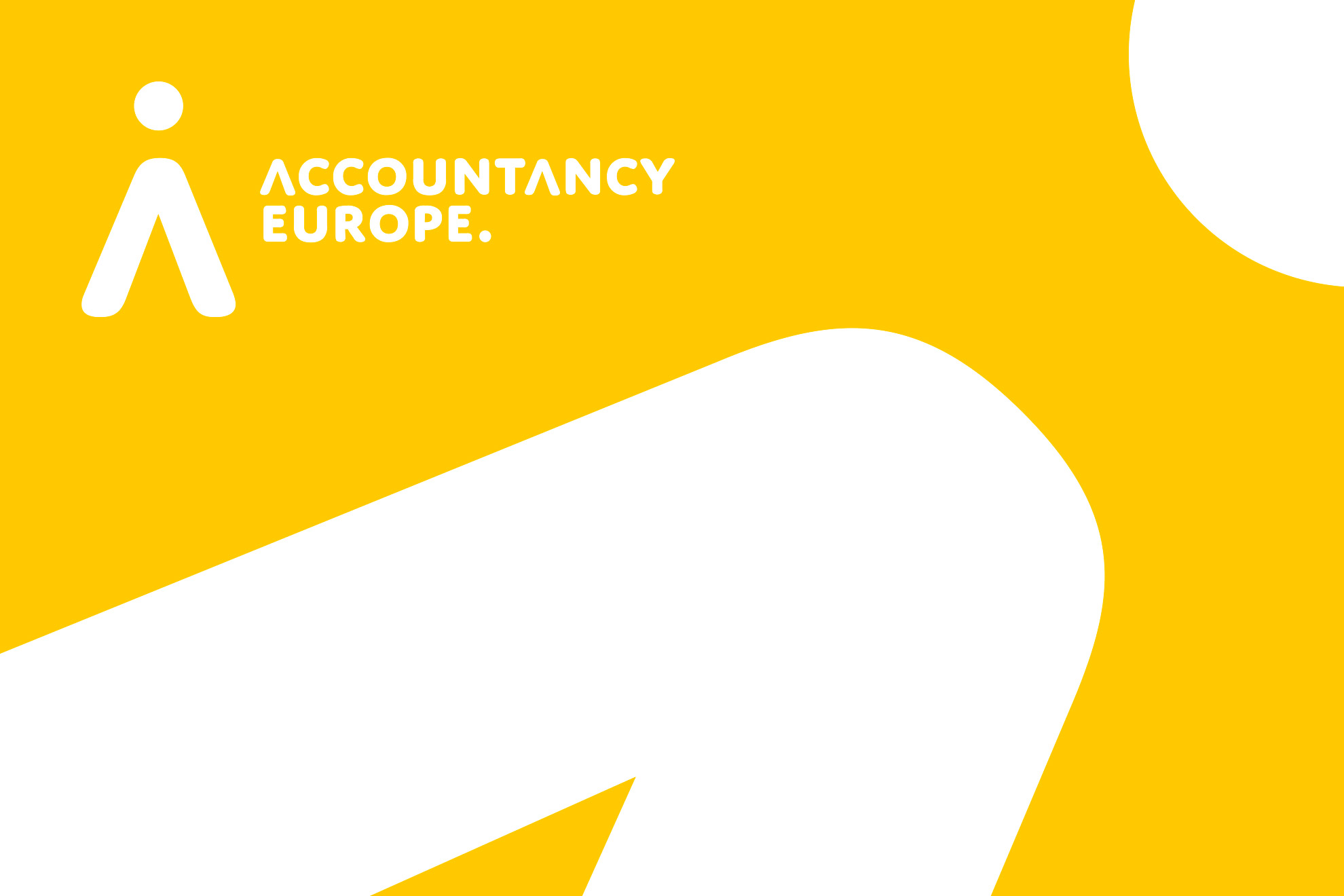
Corporate reporting is an essential element of companies’ accountability. It is how they communicate on their position and performance to stakeholders. This new FEE paper puts forward ideas for corporate reporting to evolve in a way that will keep pace with the developing economic reality and address the needs of a wider stakeholder audience.
This process of communication and accountability has consequences for a broad range of stakeholders. The ideas presented in this paper should thus be of interest to politicians and policy makers, (accounting) standard setters, regulators, enforcers, companies and their stakeholders, including investors, and of course the accountancy profession that FEE represents.
Thank you all for your responses. If you have further comments, you can contact Hilde Blomme [email protected].
Key stakeholders comment on FEE Paper The Future of Corporate reporting
“The accountancy profession has a great heritage but we must all adapt and change to the world around us. For the sake of future prosperity through successful and sustainable business practices, it is vital to contemplate new forms of corporate reporting. We need to take maximum advantage of the benefits of digitalisation, instead of treating it as a threat. And to earn a social licence for business to operate, we must consider how to meet the needs of a greater range of stakeholders while ensuring investors, the capital providers, get what they need from reporting. The accountancy profession – not just auditors but the whole profession – should be at the forefront of thought leadership in this area. The FEE report is a great opportunity for members of the European profession to grasp the issues, begin the debate, and follow that through with proposals for action. I look forward to being part of that process.”
Kathryn Cearns, Chairwoman of the Financial Reporting Advisory Board (FRAB), and Chairwoman of the Financial Reporting Committee (ICAEW)
“FEE’s report provides an important contribution to the ongoing debate about the future of corporate reporting. We look forward to engaging with FEE and other stakeholders around the world on this topic.”
Hans Hoogervorst, Chairman of the International Accounting Standards Board (IASB)
“Investors need high quality financial and non-financial information to assess the value creation, risk and prospects of companies. Material and reliable non-financial information is important for investors – yet it is increasingly challenging to readily access such information. The FEE discussion paper’s emphasis on the role of technology in enhancing navigability to different information sets within the corporate reports adds a much required dimension to the multiple, ongoing initiatives that are focused on enhancing and integrating the content within corporate reports. The proposed CORE versus MORE segregation of information provides a very useful starting point and there is need to clarify and seek investor input on what ought to be CORE versus MORE.”
Vincent Papa, Director of the Chartered Financial Analyst (CFA) Institute
“We welcome this report from FEE and its aim to provide additional momentum to the dynamics for change in corporate reporting. Reporting needs to evolve to meet the needs of 21st century business and as the paper notes we need system change on a number of fronts to ensure reporting continues to be relevant to providers of financial capital and other stakeholders. In welcoming this report, we pledge to continue playing our role, in collaboration with FEE, in utilising integrated reporting for creating a ‘fit for purpose’ reporting system for today’s market needs.”
Paul Druckman, Chief Executive Officer of the International Integrated Reporting Council (IIRC)
“Currently change is impeded by a vicious circle: preparers and stakeholders of corporate reporting will only innovate if auditors and enforcers allow experimentation; auditors and enforcers will only allow experimentation if policy makers and standard setters alter some of the detailed requirements; and policy makers will only alter detailed requirements if preparers and stakeholders are willing to innovate. This circle limits the drive for initial change. It is time for corporate reporting constituents, including politicians, standard setters, preparers, stakeholders, enforcers, accountants and auditors to work together to break the cycle by joining the debate and collectively contribute to the way forward.”
Mark Vaessen, Chairman of FEE Corporate Reporting Policy Group (CRPG)
“The momentum to change corporate reporting is obvious from the increasing public debate, the growing demand for non-financial reporting, and companies experimenting to improve their reports. Technology plays an important role in this evolution, both as a driver and an enabler for change.”
Petr Kriz, FEE President
This publication is part of Accountancy Europe’s Cogito series. We set up Cogito (i.e. I think) to provide new ideas for the European accountancy profession, enhance innovation and contribute more to business and society. Cogito publications aim to stimulate debate; the views expressed thus do not reflect the official positions of Accountancy Europe or those of any of its member bodies.